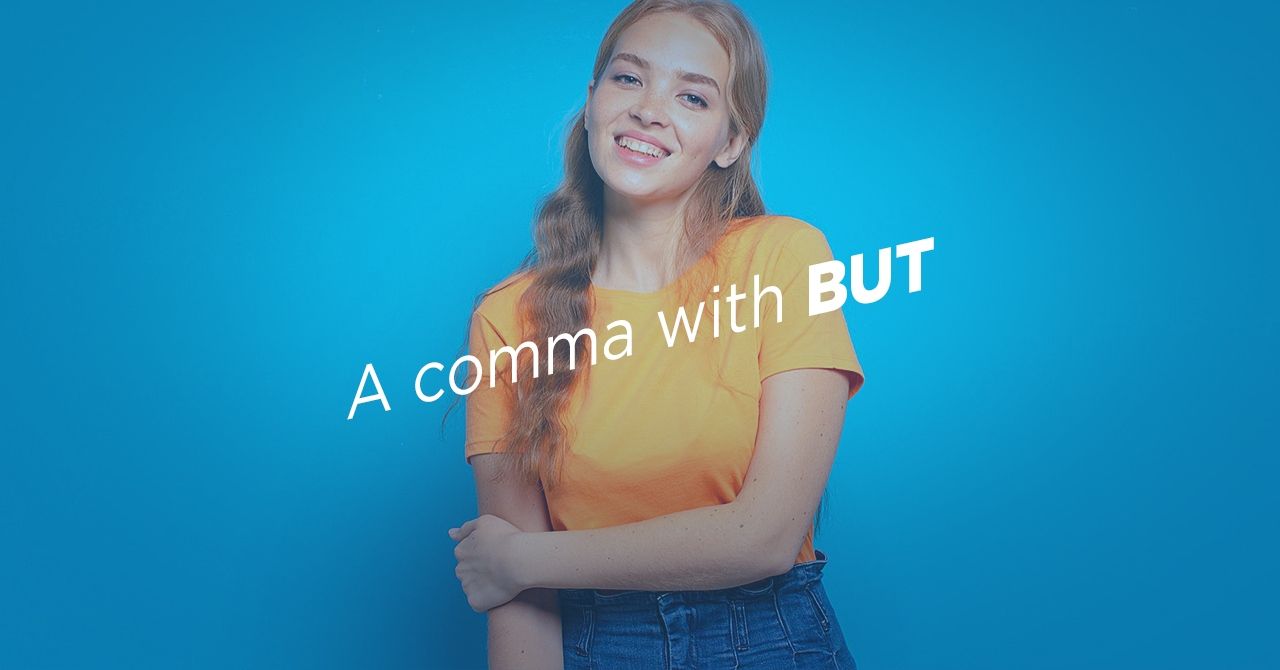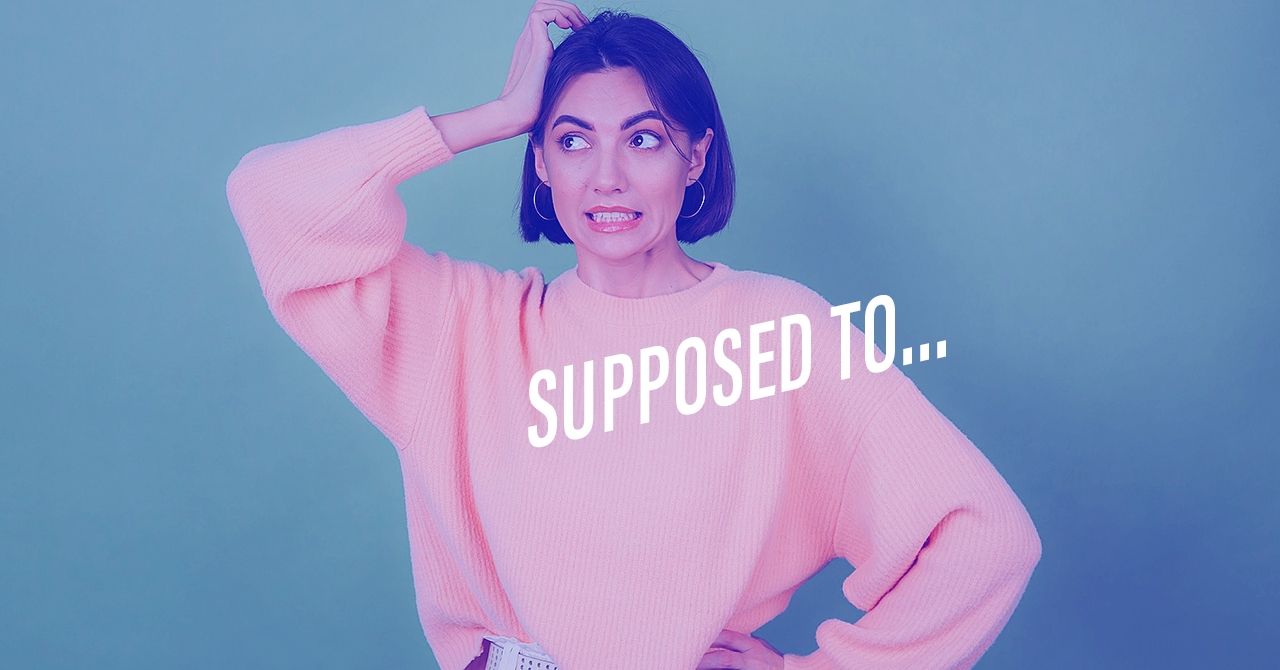
When to use a comma before “but” and when to use one after “but”
When linking two independent sentences by the word “but,” a comma is required before “but.”

How to Use “Supposed to” Correctly?
Using “suppose to” instead of “supposed to” is one of the many common mistakes that you can easily avoid if you know the proper usage of these terms.

Whilst vs. While—When to Use Each Word?
Another confusing word pair in the English language is whilst vs. while. Even though they often have the same meaning, there are some cases when you can’t use one word instead of the other.

Farther or further: how to use the right word every time
In order to choose the right word, you need to know the difference between farther and further as well as their separate meanings and uses.

Awhile vs. A While—When to Use Each Phrase
As you’ve probably noticed, the only difference in the spelling of these two phrases is the single space in “a while.” However, there are a few things to remember when it comes to their meaning and the type of word.

How Do I Use the Phrase “Touch Base” Correctly?
The idiom “touch base” is largely used in the business world. It is a form of expression to tell a person that you would like to make an appointment, aim for a meeting, or arrange a time to meet.

Anymore vs. Any More: How to Use the Right Term
Anymore and any more may be similar, but they are used in different cases. That’s because both terms have different meanings and different functions within a sentence.

Indubitably—What Does It Mean and How to Use It?
“Indubitably” means being so certain about something impossible to doubt or question.